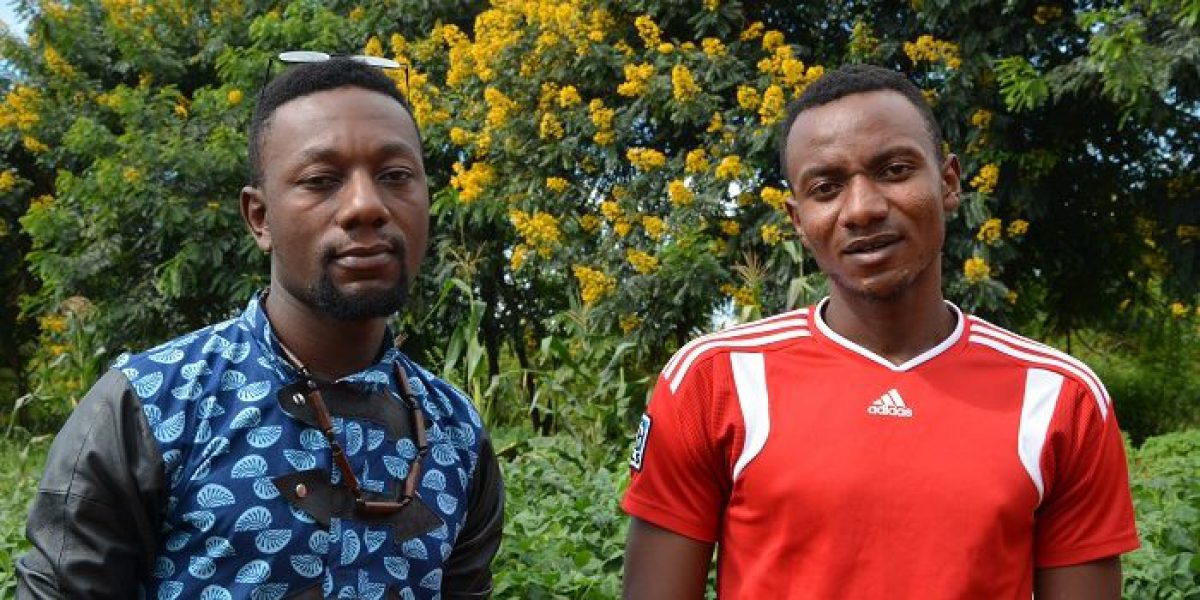40 Years of Accompaniment: Alain
28 February 2020

Alain Tenta is a refugee from the Democratic Republic of the Congo (DRC) who lived for ten years in Dzaleka, where he helped found Salama Africa, an art center for refugee youth. He attended a JRS run secondary school and is now pursuing his BA in Minnesota, USA, where he was resettled together with his family.
Describe your life and what was happening when you first become involved with JRS.
In the year 2009, due to war in East Congo, my family fled to Dzaleka Refugee Camp in Malawi. I was a teenager then and out-of-school. I used to see other young people going to school and wonder “where are they going?” Soon I learned about a JRS program that helped prepare displaced French-speaking students like me to enter the English system of education in Malawi. That made my secondary education possible.
Where are you in your life today?
I live in Minnesota, where I was resettled in 2019 with my sister, my nieces and nephew, and my parents. We have started our own village in this new place we call home. When I arrived, I had some college credits but nothing to do. Still, I said “I can’t wait. I have people to serve.” I decided to finish my college degree and pursue a masters. I am now completing my Bachelor’s in Social Sciences at Metropolitan State University in St. Paul. I’m staying connected to youth in Dzaleka, still consulting with Salama Africa, the art center I helped found there. And, I’m working for a shipping company.
What difference did JRS make in your life?
JRS allowed me to finish my secondary schooling and begin college, but also gave me meaning and a space, when I was in high school, to learn how to lead. My JRS teachers and the staff supported me and gave me power. They would tell me, “Hey, you can lead this.” I gained confidence and leadership skills organizing youth conferences, football tournaments, holiday camps for children, and even the construction of an art center where refugee youth could focus on their creativity instead of weapons and war.
JRS talks about walking with the people we serve and accompanying them on their journeys. What does accompaniment mean to you?
In 2017, I started working with JRS as a community social worker, engaging youth and helping people throughout the camp. We used to do a lot of home visits, going to the people who are really poor. If they invited you in, you went in. You sat with them. You ate with them. You talked to their families. This is what accompaniment means. It’s a way of sympathizing and empathizing and being present to others, putting yourself in the shoes of people who have fled.
You can find the whole series of interviews throughout the year on our international website. Click here to learn more.



